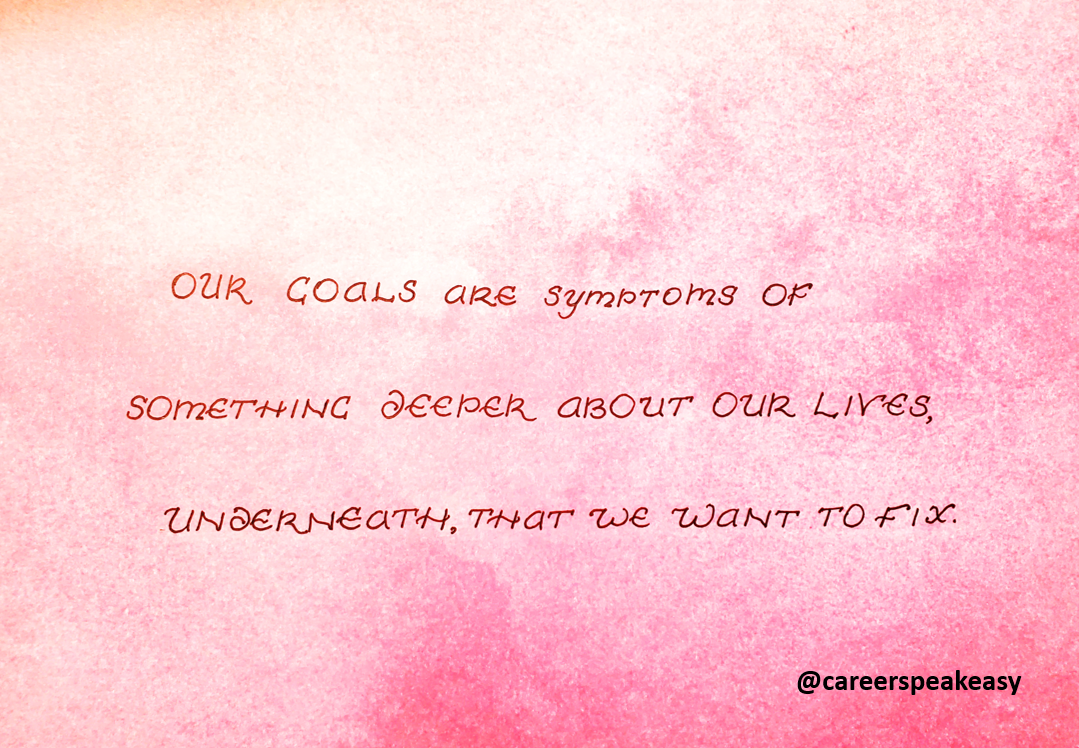IKEA makes me happy. I love to meander through the little sample apartments that they have in the stores and daydream about living in such tidy little organized homes. Everything is so minimalist and clean – everything has a place to go, surfaces are bare, and it’s awesome. I look in ecstasy at those little mini apartments, and then go back to my house full of books and pet hair.
It’s not to say that my husband and I absolutely could not live a minimalist lifestyle in a tiny home – we’ve actually done it before. We lived in a motorhome and traveled for work a decade ago, before the whole Tiny Home movement trend really blossomed. Life that way was doable and frankly really fun, but it required us both to make sacrifices and changes to the way we live on a daily basis. We just recently downsized homes again, and we’re in the purging process (again!) and I know we’ll eventually get more minimalist, but will we ever live in an IKEA-photo worthy super-minimalist home? Probably not. And that’s ok.
Because deep down inside, what does a clean, minimalist home really mean to me?
The truth is, our goals are symptoms of something deeper about our lives, underneath, that we want to fix.

Often our goals are trying to tell us about something that’s missing in our lives, but we don’t dig deep enough to what’s hiding under the goal. So we solve for the wrong problem, and wonder why we don’t feel as happy/fulfilled/energized as we thought we would.
What is it about the idea of a tidy, organized, cozy little home that is so appealing? What would that give me (potentially) that I don’t have right now? Ah – now there’s the gold:
- Being able to jump on a Zoom call without having to tidy up my background first
- Less stress because I can find what I’m looking for
- Feeling more on top of things and organized, so I don’t feel like I’m forgetting important stuff
- More time to enjoy hobbies because I’m not having to clean as much (and can actually find both my crafting projects AND a place to work on them)
- Less dog smell
And THAT, my friends, is what is at the root of my deep-down attraction to those IKEA mini homes. I could set goals around redecorating my home, downsizing more, or buying new furniture. OR I could set goals and habits that would help me achieve the things UNDERNEATH, those things that are ways of life I can work on, whether I have a blorgenflort or not.
Perhaps instead of investing in a new storage unit, I can invest 10 minutes a day to tidying up the kitchen counter. Perhaps setting up a new, easy filing system for important papers would give me more of a sense of control over my life (versus the Pile On The Counter method currently in play).
This is true of any goal you set: better fitness, stronger relationships, new career, learning a new language, the list goes on.
By digging underneath the surface of the goal, we may find we need to solve for a completely different issue.
So as you think about the goals you may want to achieve for 2021:
- What needs are underneath those goals?
- What’s missing in your life or career that the goal might potentially fix?
- Would achieving that goal actually fix it?
- Is there something else you could do instead, to address those needs?
Take a breather over the next few days to think about the goals you want to accomplish this year. Then spend your time solving for those needs underneath. You’ll find the results much more satisfying.

